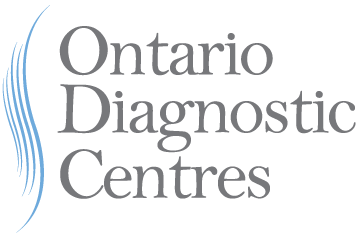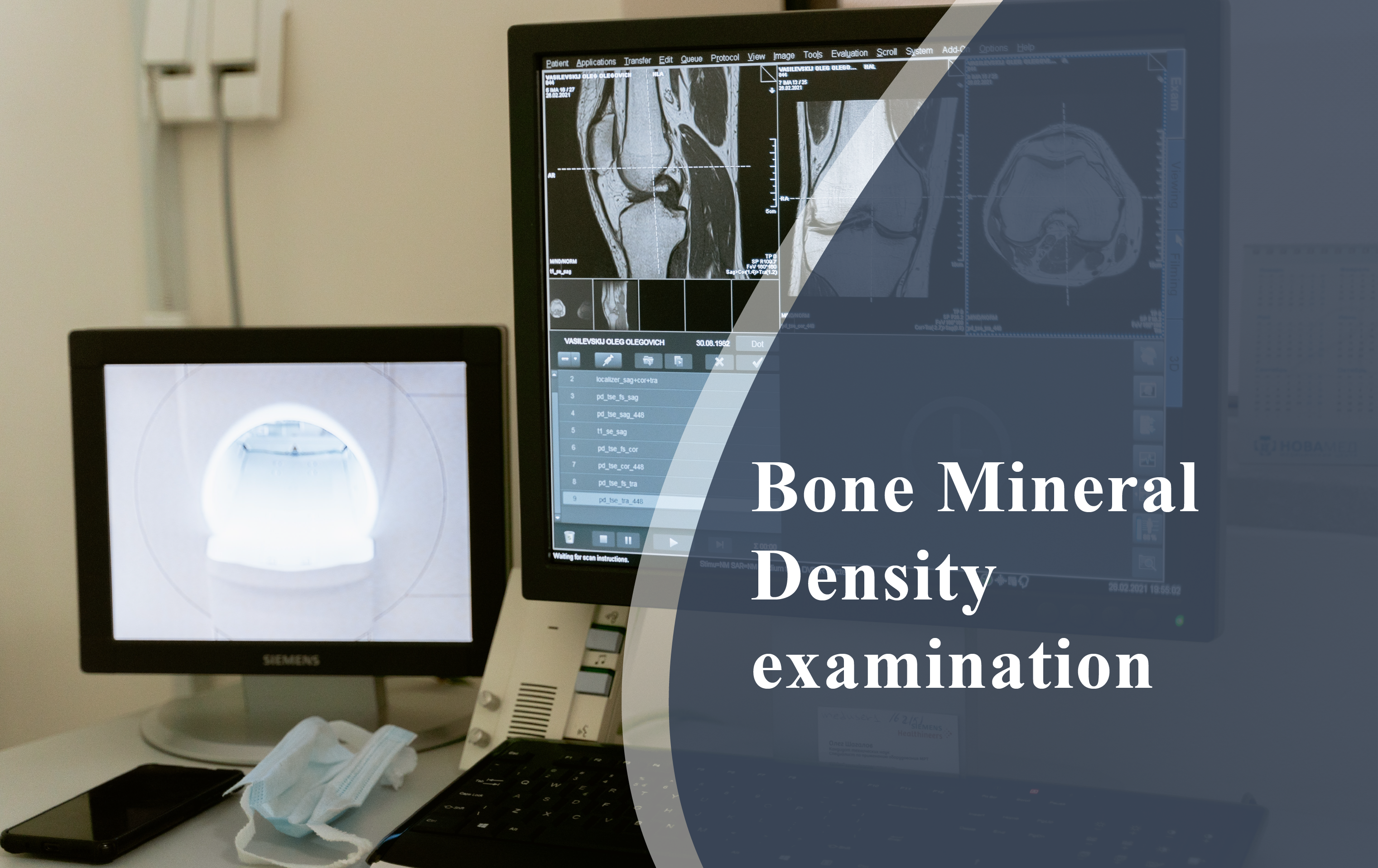Of late, you have noticed the density of your bones decreasing. Therefore, you decide to approach the doctor for a consultation right away. This is indisputably one of the smartest decisions to make as taking the guidance of a professional can emerge to be your savior.
So, during the consultation with them, you were told to get a Bone Mineral Density examination done. And ever since this recommendation, you are a little worried about what might be wrong with your bones.
Well, to give you a sigh of relief: Bone Mineral density is a normal procedure to check the strength of the bones. Plus, this examination is painless, noninvasive, and safe.
And if still some doubts continue to haunt your mind, keep on reading this article that covers everything about a Bone Mineral Density examination in detail. So, stay tuned!
But First, What Is a Bone Mineral Density Test?
A Bone Density test is utilized to measure the number of minerals in the shape of calcium in your bones. This evaluation plays a vital role in individuals who are at risk of developing osteoporosis (a condition in which the bones become quite brittle and fragile).
Remember to get this examination done as soon as you are suggested. Ignoring this condition may ultimately lead to disability fractures and a host of other complexities.
What Are the Symptoms of Osteoporosis?
If you are persistently encountering any one of the following symptoms, it may be time to take the services of a professional:
-
- Loss of height by an inch or more
- Frequent pain in the lower back
- Realizing shortness of breath now and then
- Fractures in the bones have become a common scenario
- A recent change in posture that pushes you to stoop or bend forward.
While the above were some of the symptoms, it is not necessary that you will realize them before osteoporosis. This is why; the condition is thus often termed a silent disease.
Who Is at Risk for Developing Osteoporosis?
Several risk factors increase the chance of developing osteoporosis in an individual with gender and age being the two most prominent ones.
Going a further deeper; women beyond the age of 50 or postmenopausal women are at the greatest risk of osteoporosis. This stands to reason: the estrogen levels significantly lessen amongst women after menopause which aid in building bones.
At the same time, men too need to stay alarmed of the dangers of osteoporosis. After attaining the age of 50, the tendency to break a bone and get fractures increases big times.
Thin People Are Also Recommended to Stay Cautioned
You will be surprised to know that thin people also have a greater chance of developing osteoporosis. This is because they have less bone to lose in contrast to individuals with more body weight and larger frames.
Genetics Also Play a Role
Has someone from your immediate family developed osteoporosis before? Perhaps your parents or grandparents! If yes, the chances for you to realize the downsides of osteoporosis remain high.
Hence, you must think of approaching a professional right away. You might be suggested to get a Bone Mineral Density test performed.
Past or Prevailing Medical Conditions Increase the Risk Too
Any medical condition that specifically relates to irregular hormone levels can also play a deterrent. It can evolve as one of the fundamental parameters in the occurrence of osteoporosis.
In some cases, medicines also cause several side effects and may directly have an impact on the bones. For instance, drugs utilized for the treatment of breast cancer, the use of steroids, and medications for treating seizures fall under this category.
If you have realized any of the osteoporosis symptoms and are taking medications in your schedule, the imperative need of the hour is to get in touch with your doctor instantly. The practitioner might consider early screening for osteoporosis.
Which Steps Can You Take from Your End?
The above pointers are clear indicators that many risk factors related to osteoporosis are beyond your control. However, there are things that you can proactively do from your end.
Experiencing any sort of medication issues shall be immediately brought into the limelight of your doctor. Additionally, you should proactively embrace the following things:
Improve Your Eating Habits
Make sure to eat healthy foods that have enough calcium and vitamin D content.
Overcome Sedentary Lifestyle
Many people today tend to follow a sedentary lifestyle that lacks sufficient amounts of exercise. If you are also the one falling in this bracket, you are vulnerable to developing osteoporosis in some part of your life.
Ditch the Use of Tobacco
The use of tobacco is not good for overall health, yet many people consume it. Apart from creating so many other issues, such individuals are always at the receiving end of fractures.
Boozing Should Never Be Overdone
While alcohol in moderate quantities can be good for the heart, its overconsumption can pave way for a plethora of health problems. And one of these is the development of osteoporosis.
How Is Osteoporosis Diagnosed?
As soon you realize the development of any of the above-discussed symptoms, get in touch with a doctor. They may advise you on a Bone Mineral Density test.
And if you are a resident of Canada looking for a reliable diagnostic examination centre, the label Ontario Diagnostic gets you covered. Find the nearby centre to your place for thorough assistance.

